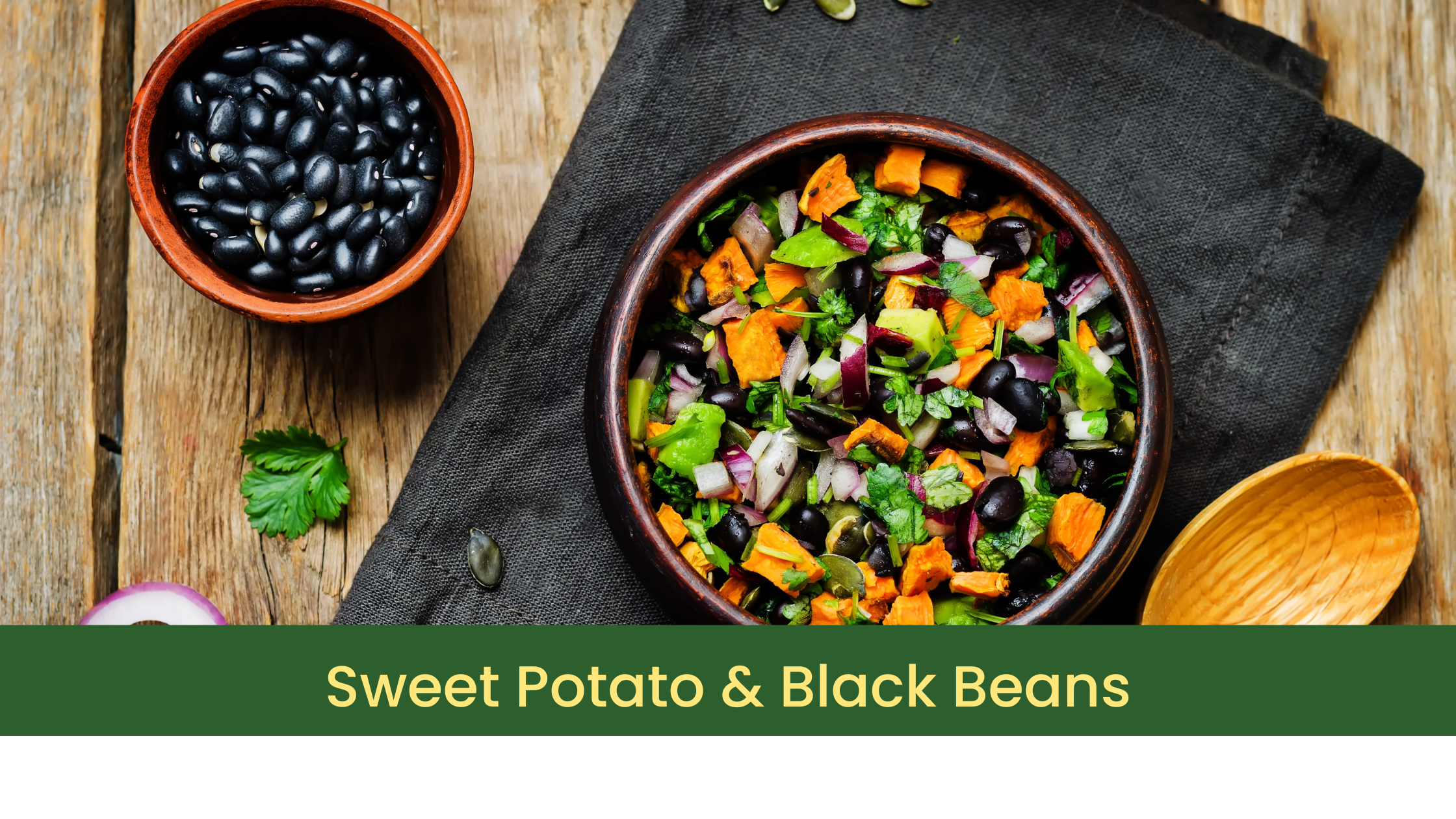
Listen to the full episode, 7 Reasons Your Gut Needs Fiber for Optimal Health.
Fiber is an essential nutrient that is vital in maintaining good health. In my recent fiber episode, I discussed this nutrient's importance for optimal gut health. In this blog post, I will summarize the key points covered in the episode and explain why fiber is critical for our digestive health.
Promotes Regularity
One of the essential benefits of fiber is that it promotes regularity. Fiber adds bulk to our stool, making it easier to pass through our intestines. This helps prevent constipation and other digestive issues that can be painful and uncomfortable.
Supports Gut Bacteria
Another essential role of fiber is to support the growth and diversity of our gut bacteria. Our gut is home to trillions of microorganisms critical to our health. Fiber acts as a prebiotic, providing the necessary nutrients for these microorganisms to thrive.
Reduces Inflammation
Fiber has anti-inflammatory properties that can help reduce inflammation in our gut. Chronic inflammation can lead to various health problems, including inflammatory bowel disease (IBD) and other digestive disorders. Consuming adequate fiber can help prevent these conditions and promote a healthy gut.
Controls Blood Sugar
Fiber can also help control blood sugar levels. When we consume fiber, it slows down the absorption of glucose into our bloodstream. This helps prevent spikes in blood sugar levels and can help improve insulin sensitivity over time.
Promotes Weight Loss
Fiber is also an excellent nutrient for weight loss. It helps us feel full and satisfied after a meal, which can help prevent overeating and snacking between meals. Additionally, fiber-rich foods are lower in calories, making them an excellent choice for those looking to lose weight.
Lowers Cholesterol
Fiber can also help lower cholesterol levels. Soluble fiber, in particular, binds to cholesterol in our gut and prevents it from being absorbed into our bloodstream. This can help reduce our risk of heart disease and stroke.
Prevents Colon Cancer
Finally, fiber has been shown to prevent colon cancer. Colon cancer is one of the most common types of cancer and is strongly associated with a diet low in fiber. By consuming adequate amounts of fiber, we can help prevent the development of this deadly disease.
Here are three easy meals that incorporate fiber-rich foods:
Quinoa and black bean salad: Cook quinoa according to package instructions and mix with canned black beans, chopped red bell pepper, diced avocado, and a handful of fresh cilantro. I also like adding a bit of garlic, onion powder, and a touch of cumin powder for flavor. Dress with a squeeze of lime juice.
Sweet potato and black bean tacos: Roast diced sweet potato in the oven until tender: warm canned black beans and season with cumin, chili powder, and garlic powder. Serve the sweet potato and black beans on a corn tortilla with shredded lettuce, diced tomato, and a dollop of salsa.
Chickpea and vegetable stir-fry: Saute diced onion, sliced bell peppers, and minced garlic in a pan until softened. Add a can of chickpeas and stir-fry until heated through—season with soy sauce, , and red pepper flakes. Serve over brown rice.
All of these meals are easy to make, delicious, and high in fiber, thanks to the inclusion of ingredients like quinoa, black beans, sweet potato, chickpeas, and vegetables. By incorporating more meals like these into your diet, you can gradually increase your fiber intake and enjoy the many health benefits of a high-fiber diet.
In conclusion, fiber is a vital nutrient for optimal gut health. It promotes regularity, supports gut bacteria, reduces inflammation, controls blood sugar, promotes weight loss, lowers cholesterol, and prevents colon cancer. To ensure you consume enough fiber, eat a diet rich in fruits, vegetables, whole grains, nuts, and seeds. If you struggle to get enough fiber from your diet, consider taking a fiber supplement to help you meet your daily needs.
Remember, the health of our gut is essential for our overall health and well-being. By consuming adequate amounts of fiber, we can help ensure our gut functions optimally and reduce our risk of developing chronic diseases.
Listen to the full episode, 7 Reasons Your Gut Needs Fiber for Optimal Health.














